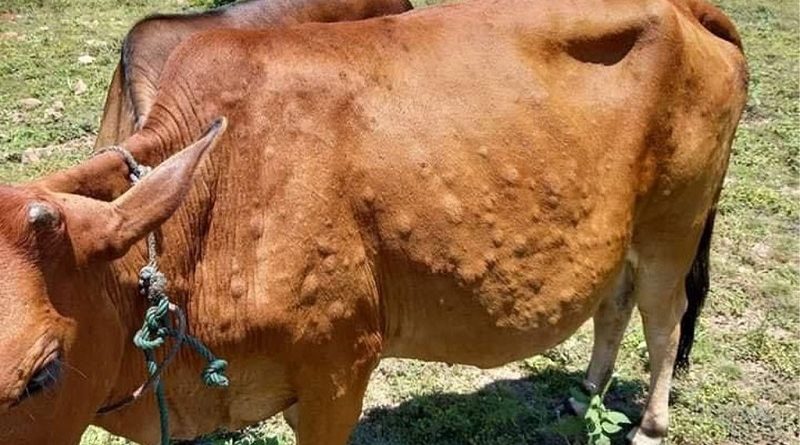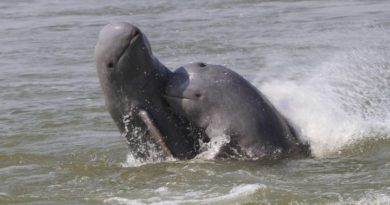Govt Extends Ban On Imported Cattle, Beef Products
Source: Vientiane Times
The government has extended the ban on the import of cattle and other beef products due to an outbreak of lumpy skin disease, which is continuing to spread in various areas of the country.
The disease causes inflammation of the skin of cattle and buffaloes, but is curable.
A study of the disease in Laos shows there is an average infection rate of 0.7 percent. The average number of deaths is 0.006 percent or 1 percent of infected animals, while there is a cure rate of 80 percent, according to the Ministry of Industry and Commerce.
Measures have been introduced to monitor and control the spread of the disease and address the shortage of beef and buffalo meat so there is enough to meet the needs of consumers.
The Department of Livestock and Fisheries has issued guidelines for the livestock and fisheries sector on setting up checkpoints to control the transport of cattle until the disease outbreak subsides.
Lumpy skin disease is a viral infection that affects cattle but cannot be transmitted to humans. It is transmitted by direct contact, such as by eating contaminated food, proximity to a herd, and by contact with an infected animal.
The virus is also indirectly transmitted by blood-sucking beetles and mosquitoes.
A ban on the transport of cattle between provinces has been instituted to ensure the disease does not spread around the country, with checkpoints to be set up on roads.
The department has instructed the relevant sectors and local authorities to inform the public, farmers, and livestock businesses about ways to prevent the spread of the disease, including improving hygiene and ensuring a clean environment for livestock.
The department stressed the need for closer coordination between central and local authorities to prevent delays in response to the disease outbreak.
Meanwhile, the government is now allowing fresh and frozen seafood to be imported after studies showed that the Covid-19 virus could not be transmitted through food products, meaning the ban on imported seafood has now been lifted.
The announcement was made following coordination between relevant bodies in Laos including the Ministry of Industry and Commerce, the World Health Organisation and other international organisations.
However, imported seafood must only be brought into Laos at official border crossings and be accompanied by a sanitation certificate from the country of origin, as well as complying with the guidelines stipulated by the Ministry of Agriculture and Forestry.
The ministry has ordered the relevant authorities to monitor imports of frozen seafood at border crossings to prevent illegal imports.



